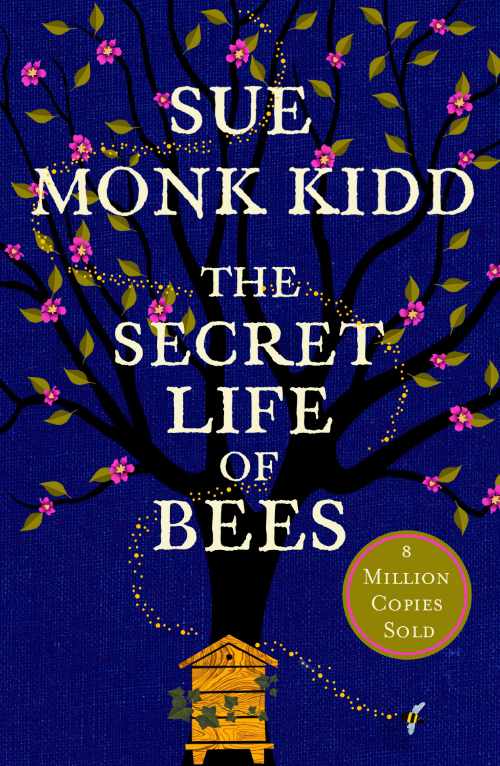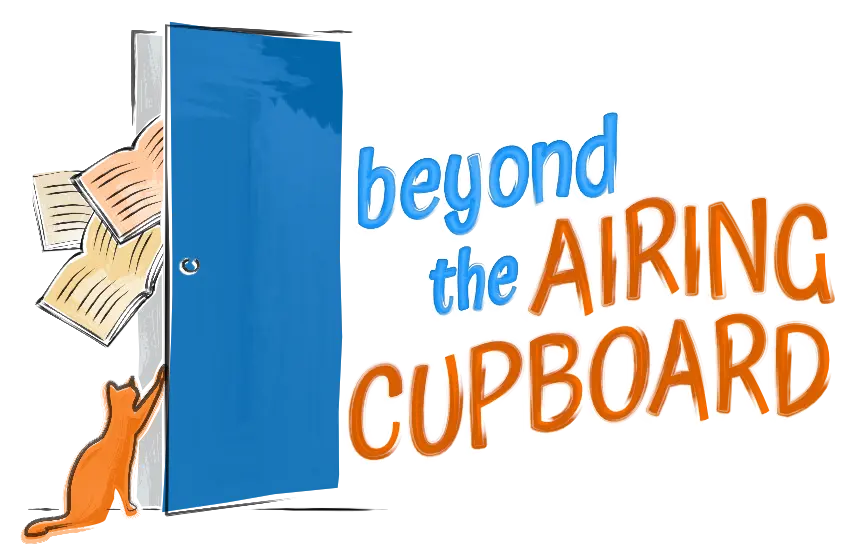Some of you may remember that 2022 was a year when I decided I would read from home and not buy any new books. I did well, until October in my favourite bookshop in New York City when I seemed to forget my pledge or maybe I felt that being out of England meant that it somehow didn’t count!
One of the books I bought was a poetry volume called The Whale Day by Billy Collins. Interestingly I had only heard of this contemporary American poet weeks before in a U3A literature group that I had recently joined. And then there was The Secret Life of Bees by Sue Monk Kidd. Who knows really how one is attracted to a book by (to me) an unknown author? Publishers and Booksellers would regard this information as the holy grail but it remains elusive. This book is a Penguin paperback but it is undeniably an American edition. It is heavier than I feel it should be, the quality of the paper is different as is the font. Liking, as I do, all things bookish, these details fascinate me.

Anyway, to the story. The blurb told me it was set in South Carolina in 1964, the year of the Civil Rights Act. Having read that, I’m surprised I didn’t put it back on the shelf. I personally find the religious and political beliefs that are prevalent in many of the southern states of America, then and now, well, difficult. However, despite all that, I bought and read the book and am glad that I did.
This is a powerful story, uncomfortable in parts, as I think I had expected but rich and wide ranging, encompassing the idea of family and what this might mean beyond the concept of the nuclear family. Is it love that is really important? Does it matter where you find it? Lily is a young girl whose mother has died in slightly mysterious circumstances and she is now left with an uncaring father, frequently violent and abusive. Their black housekeeper provides the only warmth that Lily knows.
The American Civil Rights Act was signed by Lyndon B. Johnson on 2nd July 1964, originally put forward by John F Kennedy in 1961 before he was assassinated in November 1963. It is easy to assume that once a bill has been made law by a government then that is it. It will happen and be enforced. Of course sadly that isn’t so, just think of our law banning the use of mobile phones whilst driving. I need say no more! In many states of America stealthy and devious methods were employed to prevent black Americans registering as bona fide voters. Little if anything was done by the police force to enforce the Civil Rights Act. Thus, post July 64, when Rosaleen, the housekeeper, walks with Lily into the child’s church, she is very unwelcome and effectively barred. The priests declare that they care very much for ‘these people’, but it is just as long as they are in their own places. The situation escalates and as Rosaleen is not prepared to apologise for anything, she ends up beaten and in a jail cell.
Lily and Rosaleen are on the run and maybe this journey is both literal and metaphorical. They both have to change their mindsets and their understanding of themselves. They realise they are indeed valuable and that others will find them worth loving. Both of them find their promised land in a most unusual and unexpected place. And yes I use the phrase ‘promised land’ particularly because there is a lot of religion woven in and around this story. The intransigence of many of the organised churches, and the folklore beliefs that become intrinsic to the narrative are all important and move the story forward.
It will have become obvious that the idea of equality is a vital part of this book as is the concept that women have a right to be who they wish to be. But what of the bees?
The writing of Sue Monk Kidd is poignant and deliciously eccentric. She employs all the mythological ideas of bees to support her story. The honey bee in many cultures is believed to be a sacred insect that can be a bridge from the natural world to the underworld. It is a symbol of wisdom, diligence, creativity and cleanliness. Think today of our, rather late, understanding of the importance of pollinators to our food supply and so to our lives. Think of the many who think honey is a seriously special, slightly mystical health giving food. The jars of Manuka honey are found security tagged in many supermarkets. So the lives of bees, the understanding and looking after of bee hives are part of the metaphor the author employs. The place of light and love that provides the resolution to this book is swathed in metaphorical layers of warm, sweet, voluptuous honey. The cold, uncaring home from which both Lily and Rosaleen escape is described with ‘grits.’ The word itself sounds unpleasant I think but I had to look up what the American usage meant. For the uninitiated (including me) grits are dried white corn kernels which can be soaked and made into a sort of porridge, a little like polenta. Before being soaked they would be small pieces, both hard and sharp. Lily was frequently made to kneel on a pile of grits for lengthy periods as a punishment. The literary device works beautifully I think, grits being the absolute antithesis of smooth, melting honey.
I finished by loving this story. Good occasionally to take a chance on an unknown author I think.
